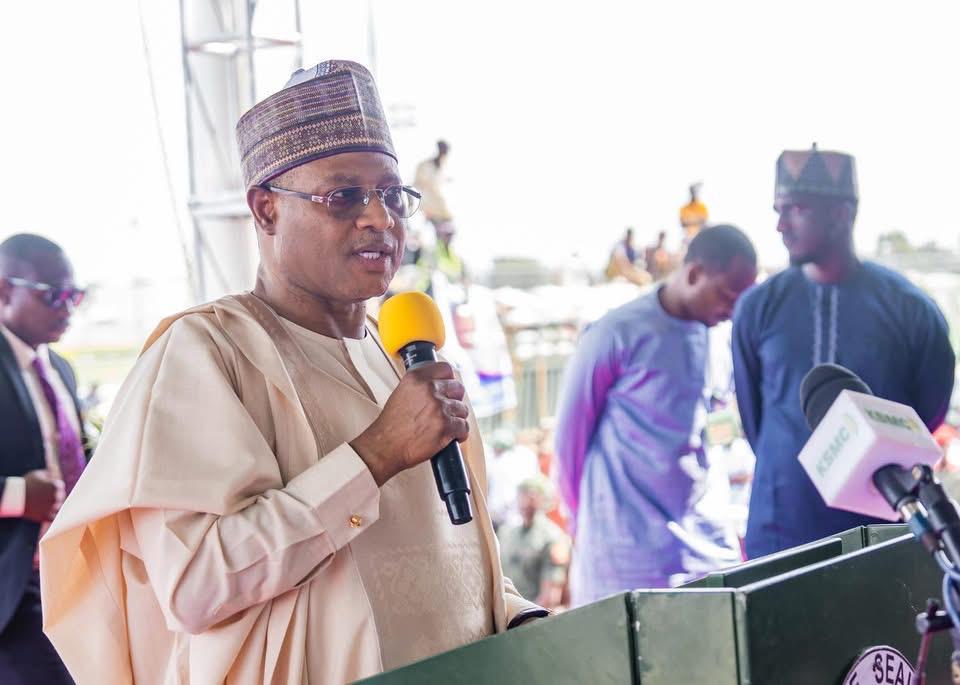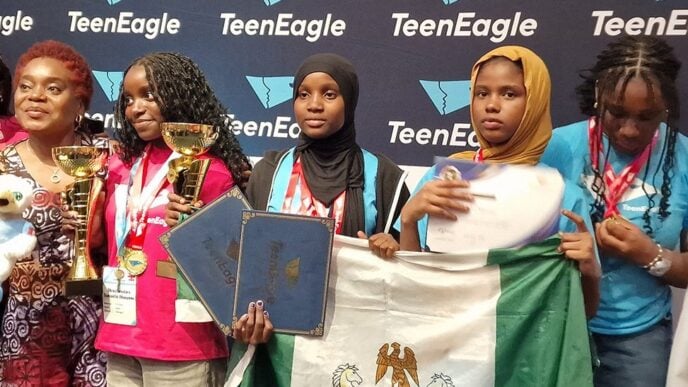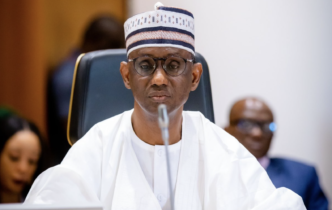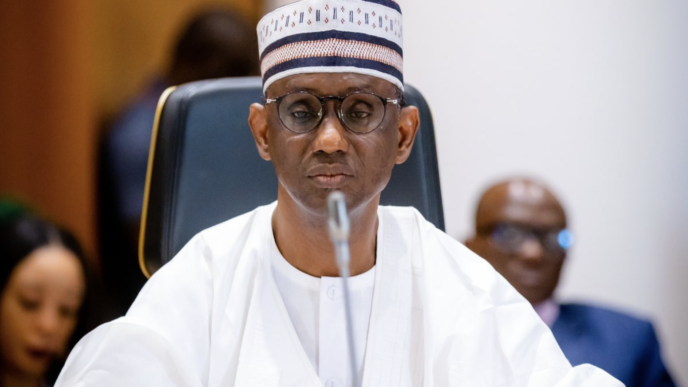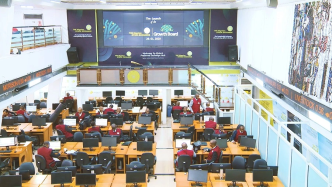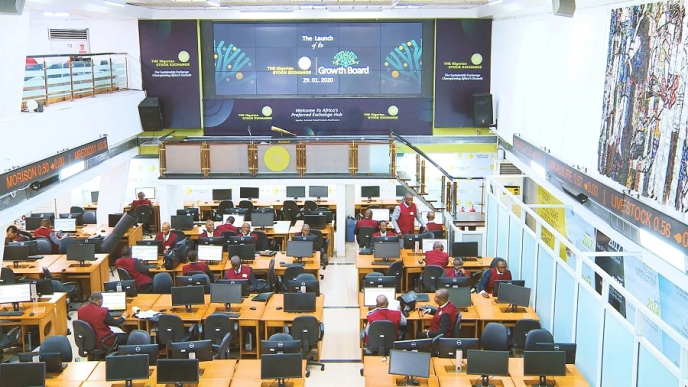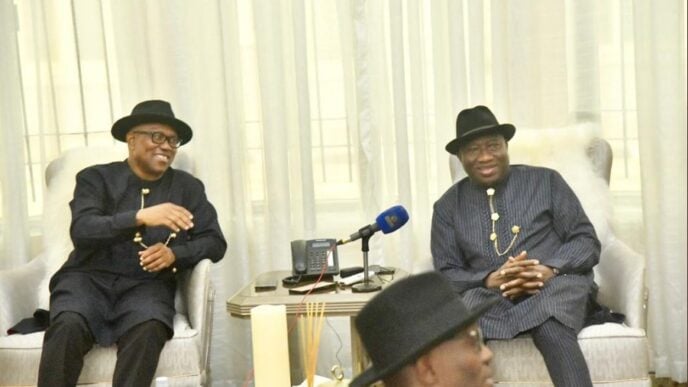BY MUSA ALIYU
In the chronicles of modern Nigerian governance, rare is the leader who combines vision with execution, rhetoric with resolve, and political acumen with an unswerving commitment to the common good. In Kaduna State, Senator Uba Sani has emerged as a transformative figure: a man for whom agriculture is not just a policy priority, but a strategic axis for economic renewal, social inclusion, and sustainable development. Since assuming office in May 2023, Governor Sani has methodically repositioned Kaduna State as a nucleus of agro-industrial dynamism, all-season farming, and food security. His administration’s ambition transcends subsistence; it seeks nothing short of an agricultural renaissance, powered by modern inputs, strategic investments, rural infrastructure, and an ecosystem built for prosperity.
What is now unfolding across the length and breadth of Kaduna State is nothing less than a new agrarian revolution, one anchored in meticulous planning, courageous leadership, and a deep belief in the dignity and potential of farmers. In just over two years, Governor Sani’s reforms have shifted agriculture from the margins of public policy to the commanding heights of economic strategy.
At the heart of Governor Sani’s agricultural vision lies a steadfast belief in inclusion. From rural communities in Giwa and Soba to the fertile plains of Kachia and Zangon Kataf, the administration has deliberately targeted both smallholder and commercial farmers, ensuring that no one is left behind in Kaduna’s march toward food sovereignty. The 2025 Fertilizer Distribution Programme, flagged off on August 2 at Murtala Square in Kaduna, exemplifies this approach. In a sweeping intervention, the government distributed 400 trucks of fertilizer to 100,000 smallholder farmers, with each farmer receiving two bags free of charge — a bold affirmation of the state’s “farmer-first” policy.
While most Nigerian states continue to grapple with access, affordability, and transparency in fertilizer distribution, Kaduna has charted a different path. It is, to date, the only state in the federation providing fertilizer completely free to smallholder farmers. Commercial farmers are not left out either; they receive up to 10 bags at a subsidized rate of ₦30,000 — 40 percent below market cost, reducing input expenses and enhancing productivity. But even more telling is the comprehensive nature of the intervention. All 100,000 smallholder beneficiaries are automatically enrolled in a crop risk insurance scheme, shielding them from the vagaries of climate change, pests, and market shocks. This signals a deep understanding of the complex risks farmers face — and an equally profound commitment to building resilience at the grassroots.
Advertisement
The connection between security and agricultural prosperity cannot be overstated. Under Governor Uba Sani, Kaduna has seen measurable gains in security, owing to coordinated surveillance, community partnerships, and local government engagement. This reclamation of peace has had a catalytic effect on agriculture: previously inaccessible farmlands have been reopened for cultivation. The state is currently clearing over 20,000 hectares of reclaimed land and installing modern irrigation infrastructure, including rainwater harvesting systems. The goal is simple yet transformative: to make farming a year-round endeavour, no longer tethered to erratic rainfall or seasonal constraints.
This strategic focus on all-year farming, backed by physical infrastructure and policy support, is pivotal in a state where agriculture contributes 42 percent to GDP and employs 60 percent of the workforce. By extending productivity into the dry season, Kaduna is not only boosting output but also stabilising incomes and enhancing rural livelihoods. What perhaps most distinguishes Governor Sani’s agricultural push is the scale and sincerity of public investment. Between 2023 and 2025, the Kaduna State agricultural budget surged from a mere ₦1.48 billion to ₦74.02 billion, a 4,871 percent increase. As a share of the overall state budget, agriculture has grown from 0.4 percent to 10 percent, meeting and exceeding the Malabo Declaration benchmark on agricultural spending. With supplementary allocations under legislative consideration, the figure may soon rise to 14 percent, placing Kaduna among the rare few sub-nationals on the continent to treat agriculture not as charity, but as policy bedrock.
In the words of African Development Bank (AfDB) President, Dr. Akinwunmi Adesina, Kaduna State has shown the kind of political will that translates aspiration into action: “You didn’t just put your money where your mouth is — you put your money where your mind and your body are,” he declared at the launch of the Special Agro-Industrial Processing Zone (SAPZ) in Kaduna earlier this year.
Advertisement
Indeed, on April 8, 2025, Kaduna State reached a historic milestone as it became the first Nigerian state to launch a Special Agro-Industrial Processing Zone. The project, sited in Daki-Takwas, Chikun Local Government, represents the epicenter of Kaduna’s industrial agricultural ambitions. With the Federal Government and AfDB as strategic partners, the SAPZ will house clusters for production, processing, storage, packaging, and distribution — a value-chain-integrated ecosystem designed to attract private capital and drive rural industrialization.
The SAPZ is not a mere infrastructure project; it is a new economic geography in the making. It focuses on Kaduna’s comparative advantage crops: maize, tomatoes, ginger, soybeans; and is expected to cut post-harvest losses, reduce transaction costs, and facilitate access to both regional and global markets. The decision to site the SAPZ in Chikun LGA — a constituency that was once considered not to be politically aligned with the current administration — was praised by Vice President Kashim Shettima as a “demonstration of inclusive governance over petty politics.” It speaks to Uba Sani’s statesmanship, which places development above partisanship.
The AfDB has already committed over $934 million to SAPZs across Africa, and Kaduna’s leadership in this space positions it as a continental trailblazer. Dr. Adesina pledged AfDB’s further support for school feeding integration, health insurance, sanitation, and digital infrastructure, all tied into the SAPZ framework. The broader ambition is to create development corridors, where agriculture becomes the nucleus of holistic human development.
To match ambition with capacity, Kaduna State has also aggressively pursued mechanization. In partnership with the private sector, over 200 tractors have been deployed to major agricultural clusters, easing land preparation and enhancing productivity. Farmers are no longer yoked to primitive tools, but are instead accessing modern implements that reduce drudgery and increase efficiency.
Advertisement
The Dry Season Agricultural Empowerment Programme, launched in 2024, provided high-quality seeds, fertilizers, solar-powered pumps, and power tillers to farmers in all 23 LGAs. Ginger farmers received targeted support to bounce back from disease-related losses, while livestock producers benefited from vaccinations, mineral licks, fodder choppers, and solar boreholes in pastoralist communities. This multi-pronged approach: crop and livestock, smallholder and commercial, wet and dry season, marks Kaduna’s agriculture not as a singular programme but a holistic agenda.
Recognizing that agricultural production without access to markets is a recipe for loss, Governor Uba Sani has prioritized rural road rehabilitation. Feeder roads across farming LGAs are being upgraded, connecting producers to processing hubs and urban markets. These roads are already reducing post-harvest losses, lowering transport costs, and stimulating local trade. For the first time in decades, many rural communities in Kaduna are feeling integrated into the broader economic system.
To ensure Kaduna’s agricultural output meets international standards, the state is establishing an Agricultural Quality Assurance Centre. This facility will provide testing, grading, and certification services, enabling farmers to tap into high-value export markets, especially under the African Continental Free Trade Area (AfCFTA). This forward-thinking move situates Kaduna at the intersection of agriculture and trade, positioning it as an export hub not only for Nigeria but for West Africa. Quality, Governor Sani insists, must be the hallmark of Kaduna’s agro-products if the state is to transition from food security to food wealth.
There is a quiet revolution sweeping across Kaduna State, one not heralded by noisy fanfare but visible in the bumper harvests, in the rejuvenated farms, in the newly tarred rural roads, and in the hope rekindled in the hearts of tens of thousands of farmers. Governor Uba Sani has not merely improved agriculture in Kaduna; he has redefined it — as a tool for development, a shield against poverty, and a gateway to economic sovereignty. His administration’s agricultural policies represent a symphony of policy clarity, investment resolve, and inclusive governance, making Kaduna a veritable blueprint for the rest of Nigeria. With a secure state, an empowered farming population, and a bold vision for agro-industrialisation, Kaduna is not just feeding itself — it is poised to feed the nation and, indeed, the continent. The soil is rich, the vision clear, and the seeds of transformation firmly planted.
Advertisement
Musa Aliyu writes from Kawo, Kaduna
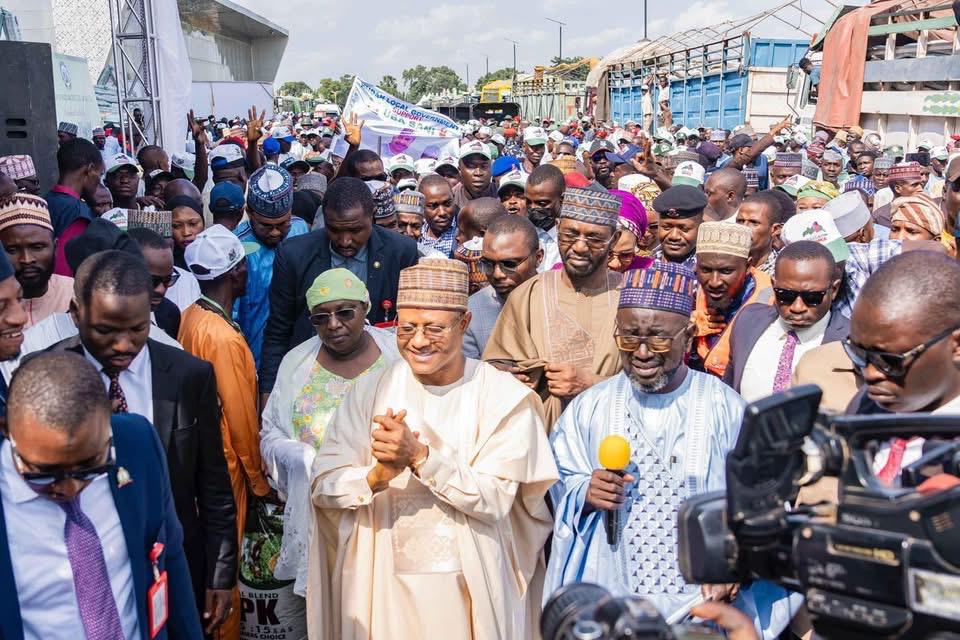
Advertisement
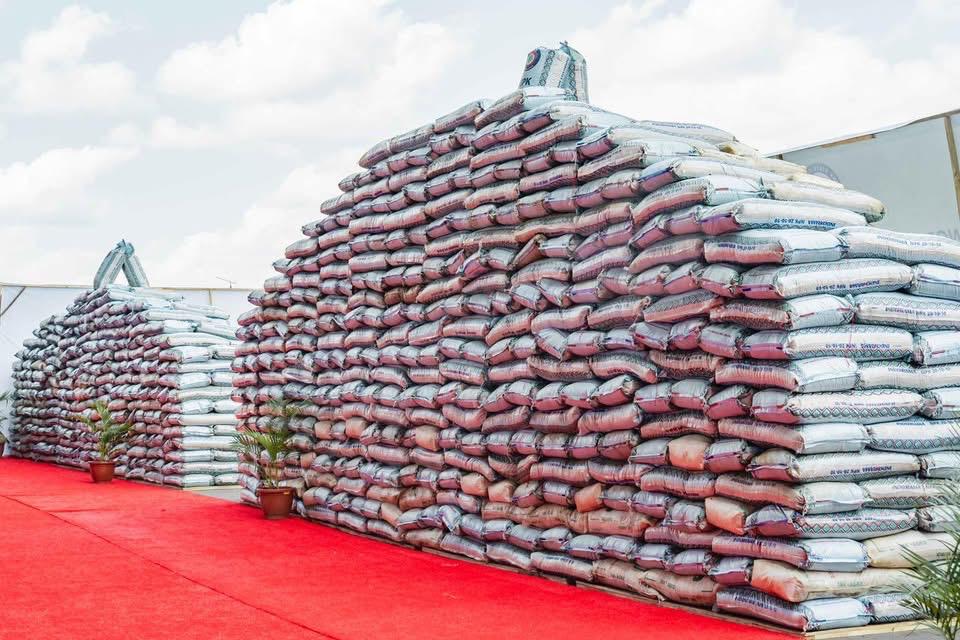
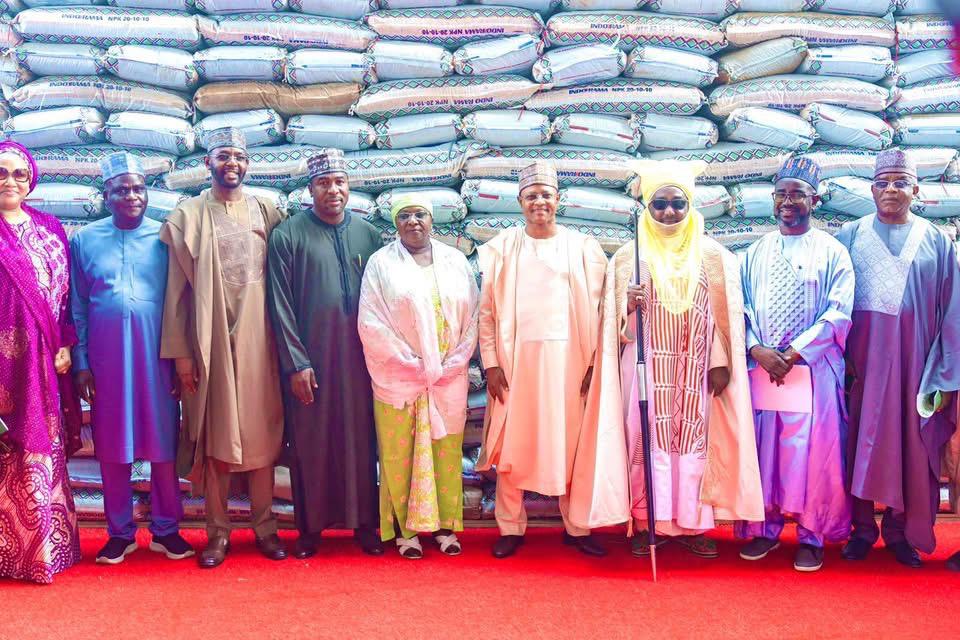
Advertisement
Views expressed by contributors are strictly personal and not of TheCable.
